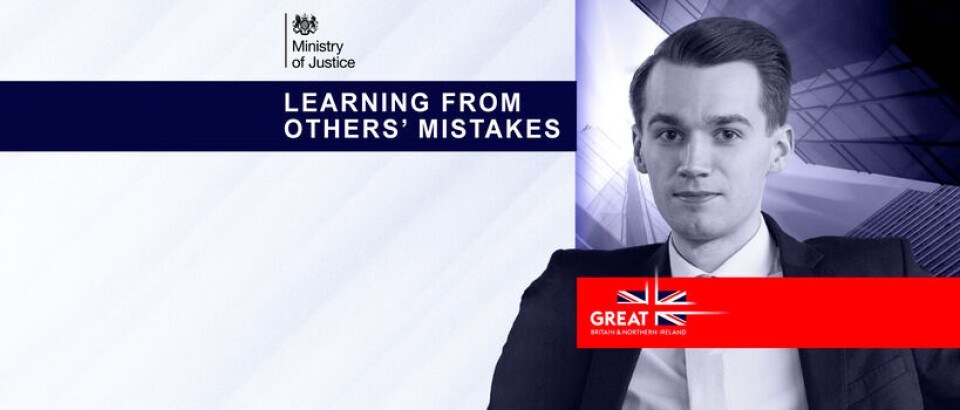Fraser Matcham of Legal Utopia believes that one of the best methods to learn new ways of doing things is by studying others’ mistakes, and says African law firms have a great opportunity in this regard when it comes to the development of legal technology.
“The UK is one of the leaders in legal technology and lawtech; we do a lot of research and development (R&D) and that means we make a lot of mistakes and have a lot of learnings into different research spaces,” said Matcham, who recently attended a key forum in Johannesburg for African and British lawyers. “I think there should be more co-operation on the dissemination of that R&D knowledge to countries like South Africa for us all to learn together.”
He says this would allow UK and African firms to copy what works in each other’s countries, and to understand the points to be extracted and then repurposed for internal development.
“I think we’ve got quite a significant level of co-operation already going on in services exchange, so the ability to apply that R&D knowledge and the technology, for the benefit of both the law firms and the end user, the clients, is really important,” he said.
Matcham is a serial tech entrepreneur who has been Consultant Director of Legal Innovation at the University of Westminster, London, as well as Chief Product Officer for a lawtech company he founded – Legal Utopia. He says a personal highlight of the three-day forum, hosted by the GREAT Legal Services team at the UK Ministry of Justice and Africa Legal, was attending the African Legal Awards and speaking to a huge variety of lawyers and seeing teams gaining recognition for their excellent work.
“Even though you’re not up for an award or anything, you’re sat there and seeing all sorts of different types of organisations – whether it be alternative law firms, big law firms, small law firms, in-house teams, corporate teams – winning awards and sharing their work,” he said. Matcham thinks the integration and recognition of new alternative providers demonstrates the positive impact they are having on the African legal market.
Unfortunately, he says, sometimes advice pages recommending lawyers are often still just static and exclusive lists of a select few lawyers or firms. “It’s still an analogue way of doing it,” he says, focusing on promoting bilateral international access to legal services between nations. “It doesn’t particularly promote the wider ecosystem of lawyers.”
He would like to see that change across the entire African continent, “where we actually exchange knowledge on the legal ecosystem” so government sites are directing consumers and businesses seeking legal services to a digital, holistic, and maintained source.
Matcham points to what Legal Utopia does in the UK, making the legal landscape searchable online. Along with greater cooperation between South Africa and the UK in a bilateral exchange of a legal directory, he’d like to see more cooperation on legal diagnostics, something he pioneered in the UK. “It’s a gateway tool to content, template documents, and to lawyers.” For British and African lawyers, says Matcham, it’s about maximising opportunities, sharing, and bringing everything together into the digital age of business development. “It’s not just picking up clients from referrals on WhatsApp, it’s getting yourself out there on the international stage.”
To join Africa Legal's mailing list please click here

